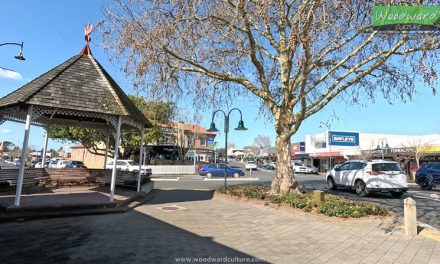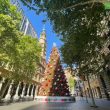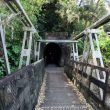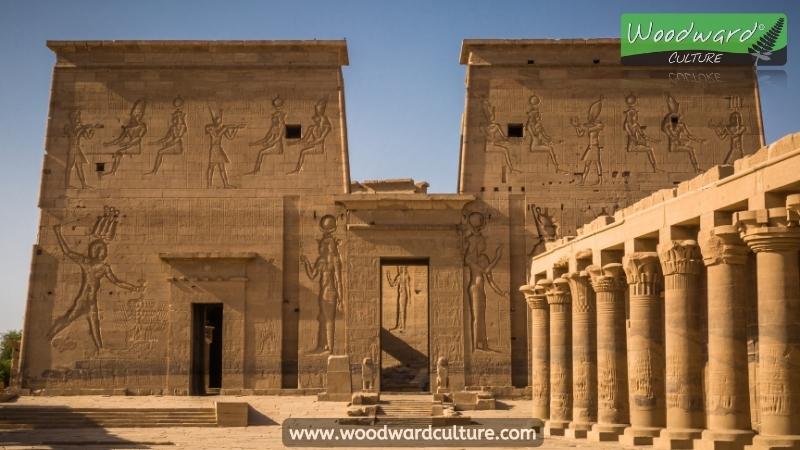
Nestled along the banks of the majestic Nile River, Aswan is a captivating city that seamlessly blends ancient history with modern charm. As Egypt’s southernmost city, Aswan has long been a strategic and cultural hub, boasting a rich tapestry of archaeological wonders, vibrant markets, and serene landscapes. The city’s warm climate, friendly locals, and a pace of life that encourages relaxation make it a perfect destination for travelers seeking a unique Egyptian experience.
In this travel guide, we will explore the enchanting sights and activities that await you in and around Aswan.
What to see and do in Aswan, Egypt
The Temple of Philae
Embark on a journey back in time as you explore the Temple of Philae, a stunning Ptolemaic-era complex dedicated to the goddess Isis. This was one of the last temples built in the classic Egyptian architectural style. Originally it was constructed on Philae Island (hence its name), which was flooded after the construction of the Aswan dam, but fortunately it was saved as a part of the UNESCO intervention and relocated to Agilika Island in the reservoir of the Aswan Low Dam. The temple’s well-preserved structures and captivating hieroglyphs offer a glimpse into ancient Egyptian mythology and architecture.
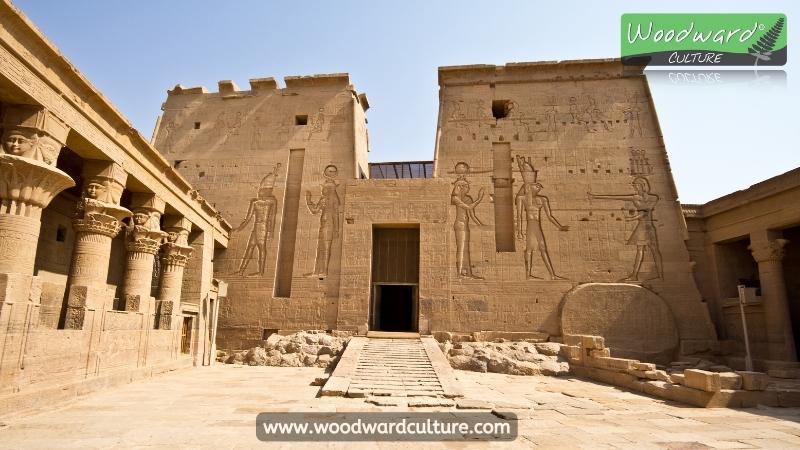
The Unfinished Obelisk
As the name says, a large obelisk which was, well, unfinished. Yes, only three sides of the obelisk where completed due to an undetected flaw in the stone. This would have been one of the largest obelisks ever created measuring in at 42m (137ft) and would have weighed around 1200 tons.
What makes it so fascinating is that visitors to the site can observe the ancient tools left behind by the quarry workers, including various-sized dolerite pounders and chisels. The presence of these tools provides archaeologists with valuable information about the techniques and labor involved in ancient quarrying. The site also features marks and inscriptions on the bedrock, revealing the work processes and organizational aspects of the quarrying operation. (Photo of the Unfinished Obelisk below)
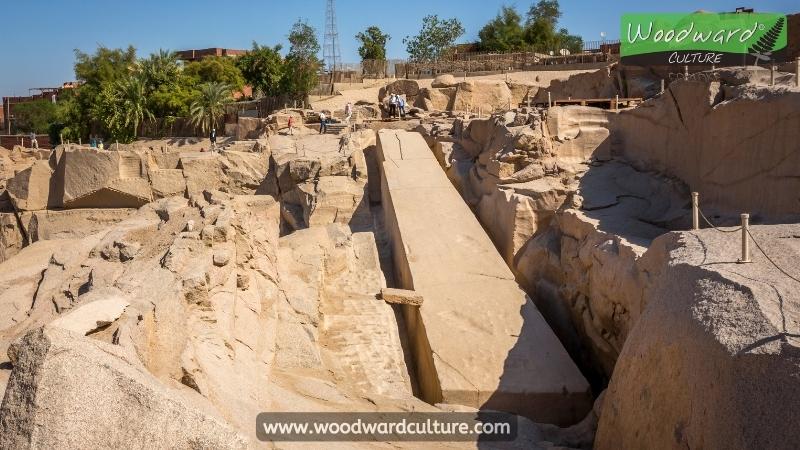
Aswan Market
Sharia as-Souq, also known as the Aswan Souq or the Aswan Market, is a vibrant and bustling traditional market located in the Old Town part of Aswan near the Corniche along the Nile River.
The lively Sharia as-Souq market invites visitors to embark on a vibrant cultural adventure. Winding through narrow alleyways in the Old Town, the market is a bustling hub where the rich tapestry of Nubian heritage comes to life. Traditional crafts and souvenirs, including colorful fabrics, pottery, jewelry, and wooden carvings, showcase the distinctive artistic style of the Nubian people. Aromatic spices fill the air as stalls offer a variety of herbs and teas, and fresh fruits and vegetables add to the sensory experience. Textile enthusiasts can explore an array of fabrics and clothing, while small eateries within the market provide opportunities to savor authentic Nubian cuisine. Bargaining is a cherished practice, encouraging friendly haggling that enhances the overall experience. Beyond a mere marketplace, Sharia as-Souq offers a cultural crossroads where locals and visitors intersect, providing insights into Nubian traditions and a vibrant snapshot of daily life in this enchanting Egyptian city.

The Aswan Dam
A testament to modern engineering, the Aswan High Dam is an impressive structure that spans the Nile River, providing hydroelectric power to the region and also brought an end to the annual flooding of the River Nile. Take a guided tour to learn about the interesting history of the construction of the dam. The construction brought about the relocation of thousands of people (entire villages) as well as the destruction of their property. However, thanks to the intervention of UNESCO, 22 monuments, including the immense Abu Simbel temple, were saved by moving them out of the area that would eventually become flooded.
Nubian Museum
The Nubian Museum is a cultural institution that showcases the rich heritage of the Nubian people. It is located on an elevated site on the western bank of the Nile River, providing visitors with panoramic views of the surrounding area. The museum is dedicated to preserving and promoting the unique history, art, and traditions of the Nubian civilization and contains many treasures that were recovered before the flooding of the area due to the dam.
The architecture of the Nubian Museum itself is noteworthy. Designed by the Egyptian architect Mahmoud El-Hakim, the building combines modern elements with traditional Nubian architectural features.
Sail the Nile on a Felucca
Indulge in the timeless charm of a felucca boat ride on the Nile. As the sun sets over the desert horizon, experience the tranquil beauty of the river, surrounded by sand dunes and picturesque landscapes. Many local boat owners offer personalized tours, allowing you to enjoy the serenity and capture stunning views of Aswan’s natural splendor.
Day Trips not be be missed
The Abu Simbel temples are about 230km (143 miles) south of Aswan (a 7-hour return bus trip). These twin temples of Abu Simbel were originally carved out of the mountainside further down the hill in what is now Lake Nasser. Fortunately they were a part of the UNESCO intervention and saved from the dam flooding in 1968. The Great Temple has four colossal statues (20m / 65ft each) of Ramesses II seated. The Small Temple (which is still big) has statues of the King and his Queen on both sides of the entrance.
Read more about the Abu Simbel Temples (coming soon)
You can also escape the hustle and bustle of the city by taking a boat ride to one of Aswan’s charming Nubian villages. Engage with the local Nubian community, known for their colorful houses, vibrant traditions, and warm hospitality. Enjoy a traditional meal, try haggling at the local markets, and discover the Nubian way of life against the backdrop of the Nile’s serene beauty.
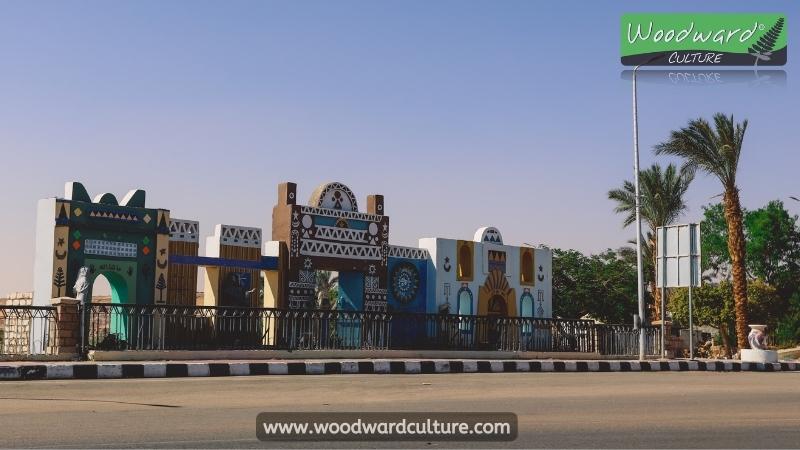
Aswan, with its timeless allure and modern amenities, beckons travelers to discover the magic of Egypt in a setting that seamlessly weaves together history and hospitality. Whether you’re exploring ancient temples, sailing the Nile, or embracing the local culture, Aswan promises an unforgettable journey into the heart of Egypt’s cultural and natural wonders.




